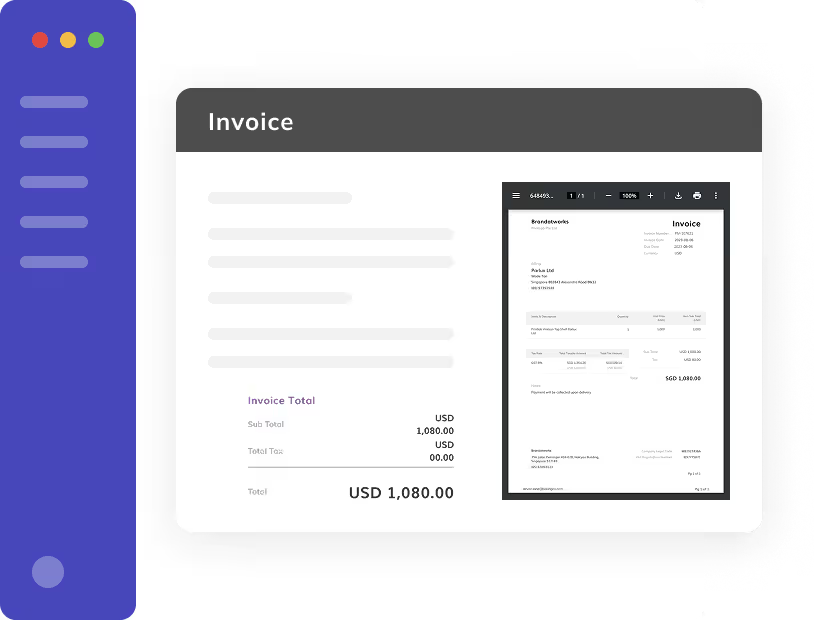Accounting 101: Definition, Accounting Cycle and Accounting Principles
Accounting handles all financial transactions from the moment they are generated until they are completely fulfilled. Accounting is made up of 3 key factors: assets, liabilities, and equity. Learn more win Accounting 101.
What is Accounting?
Accounting is the language of business. It's a system that records, summarizes, and communicates financial information about your company or organization.
The fundamental equation in accounting is: Assets = Liabilities + Owners' Equity
Assets are the things your company owns that have value, like cash, inventory, equipment, and buildings.
Liabilities are the debts or obligations your company owes, such as loans, accounts payable, and wages owed.
Owners' Equity represents the owners' investment and retained earnings in the company.
Transactions are events that change a company's financial position and must be recorded in the accounting system.
What is an accounting cycle?
The accounting cycle is the step-by-step process your transactions follow from the moment they occur until financial statements are produced. It ensures that all financial activity is accurately captured, reviewed, and reported for a given accounting period.
The accounting cycle starts with analyzing and journalizing transactions as debits and credits in a general journal.
Debits increase asset or expense accounts and decrease liability, equity or revenue accounts.
Credits increase liability, equity or revenue accounts and decrease asset or expense accounts.
After journalizing, transactions are posted to the general ledger accounts.
At the end of an accounting period, accounts are totaled and adjusted to ensure accurate reporting.
Financial statements like the income statement, balance sheet, and cash flow statement are then prepared from the adjusted accounts.
Generally accepted accounting principles
Generally Accepted Accounting Principles (GAAP) are the standards and rules that govern accounting practices.
Key accounting principles include the cost principle, revenue recognition, matching, and conservatism.
Accounting provides critical financial data for internal decision-making and external reporting to stakeholders.
From recording transactions to preparing statements, accounting is the systematic process of measuring and communicating a company's financial performance and position.
Accounting will allow you to understand your company’s finances, make business decisions and present information to other readers of financial information, including external readers (e.g., bankers, investors, buyers) and internal users (e.g., valuation specialists, managers).





